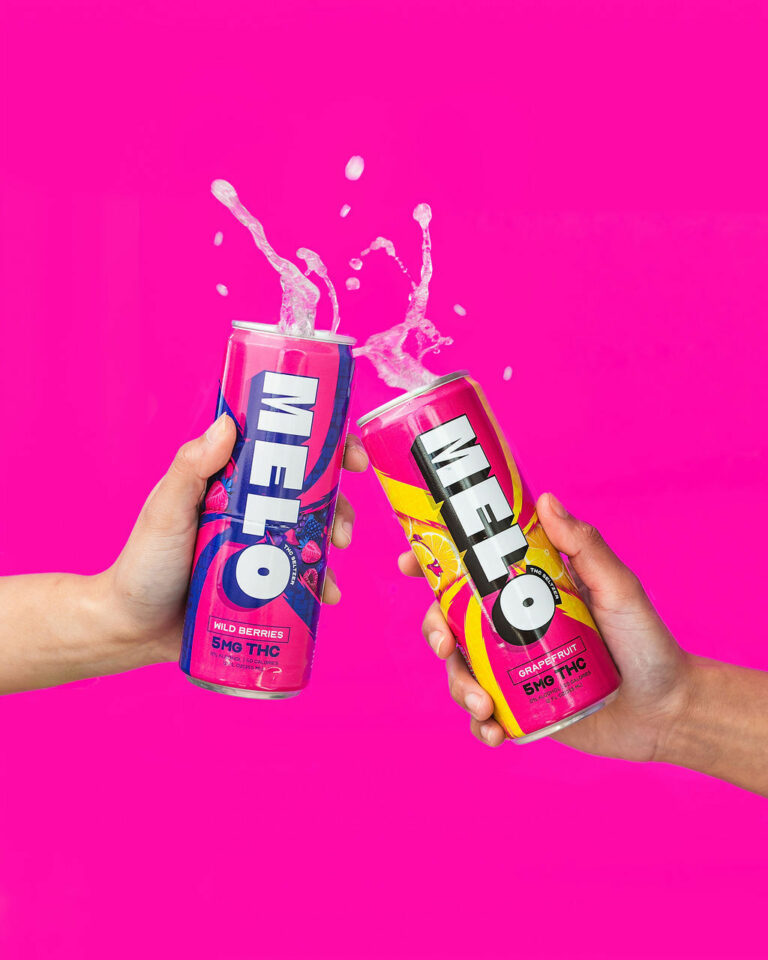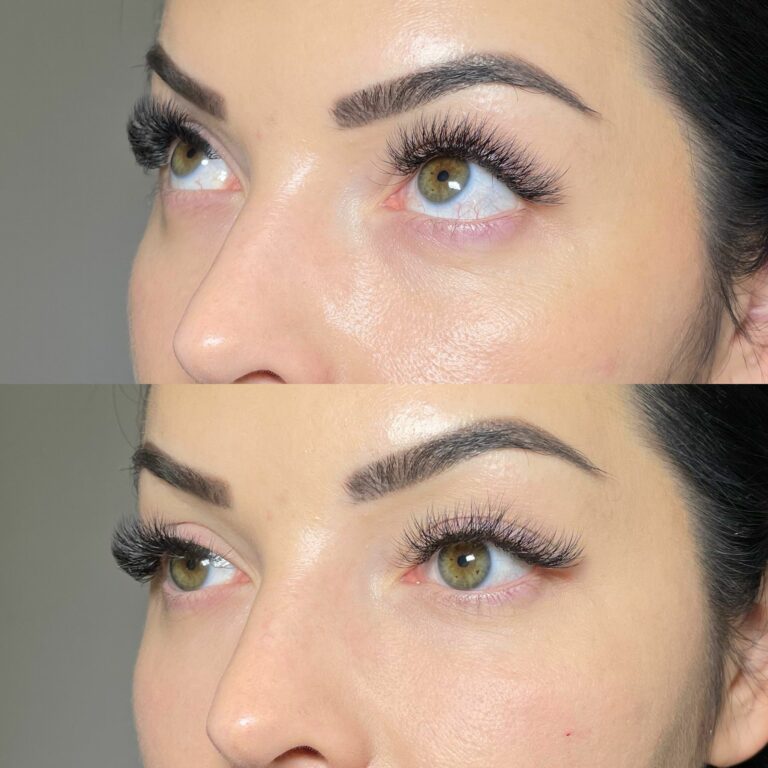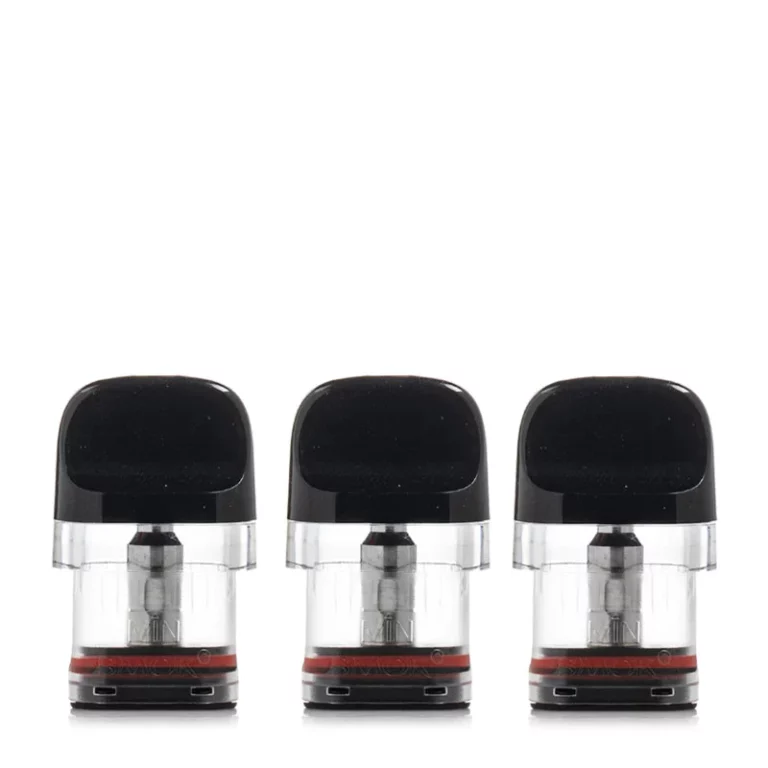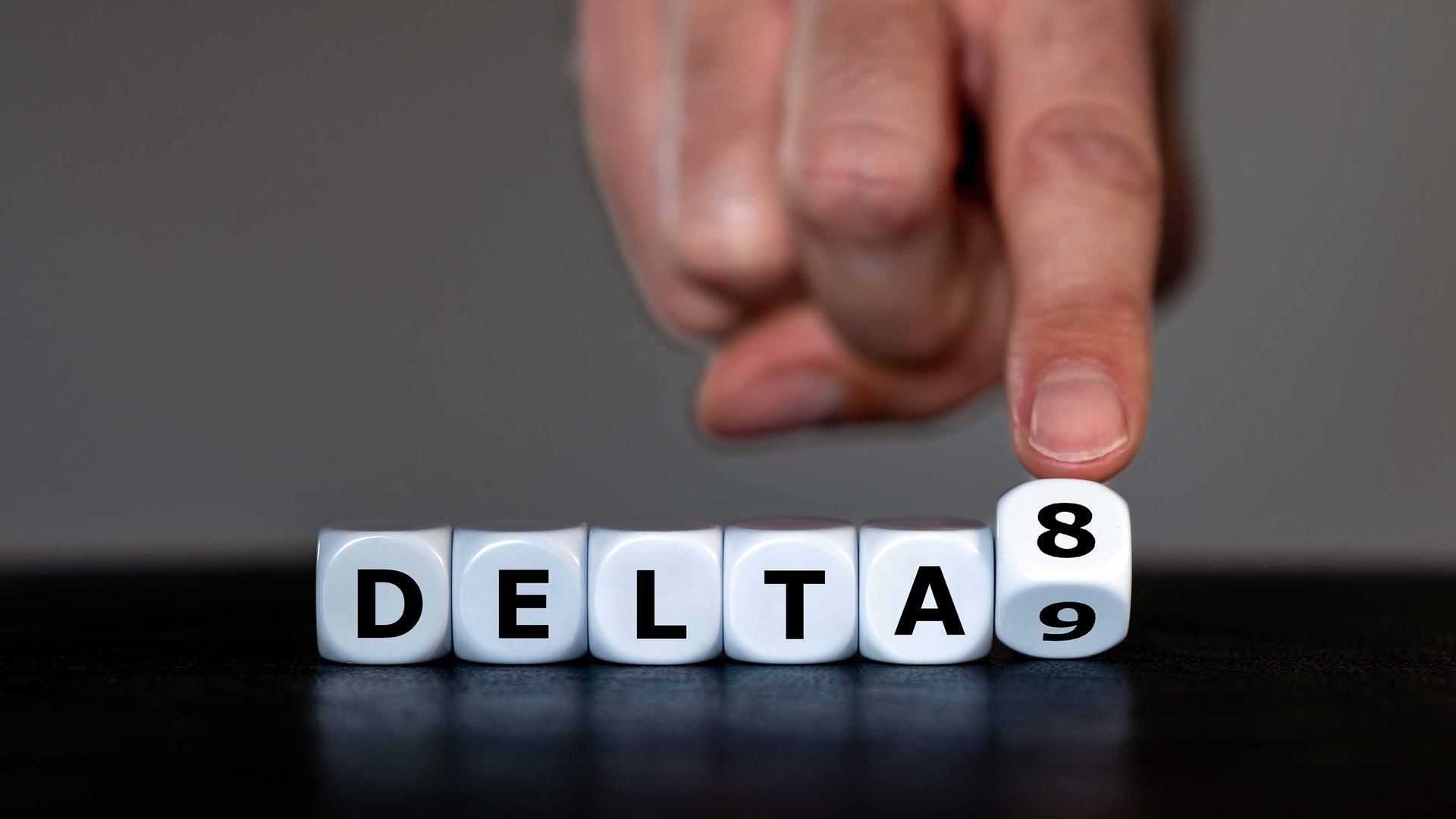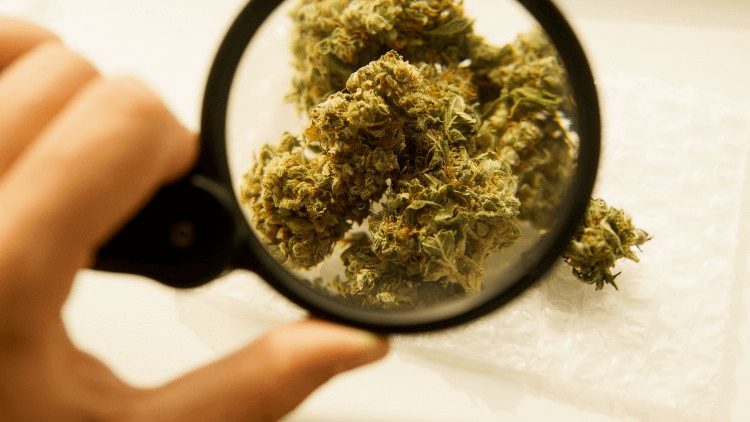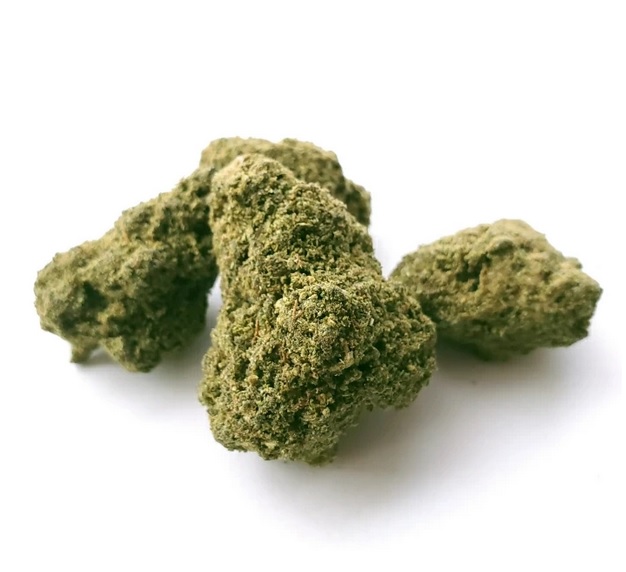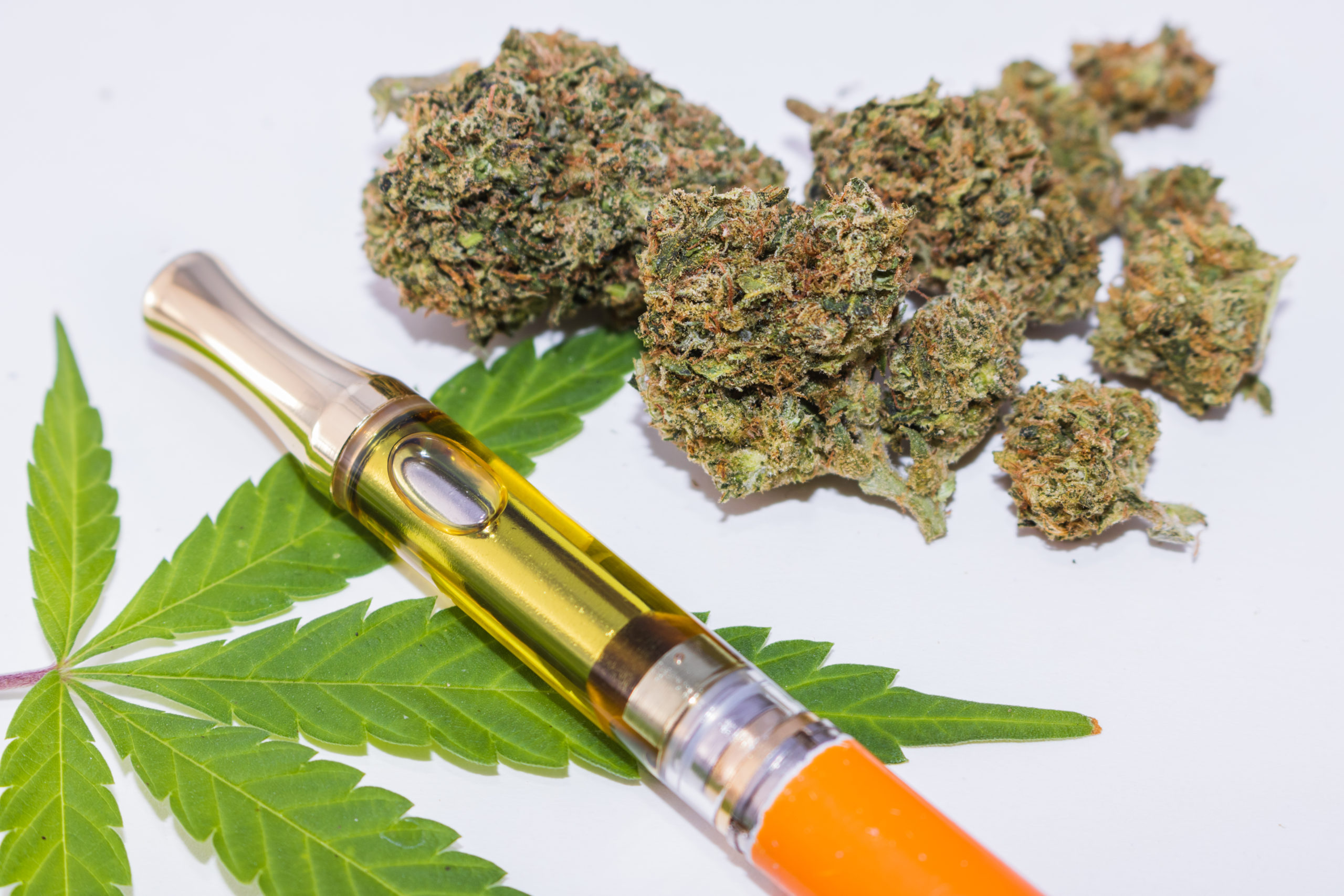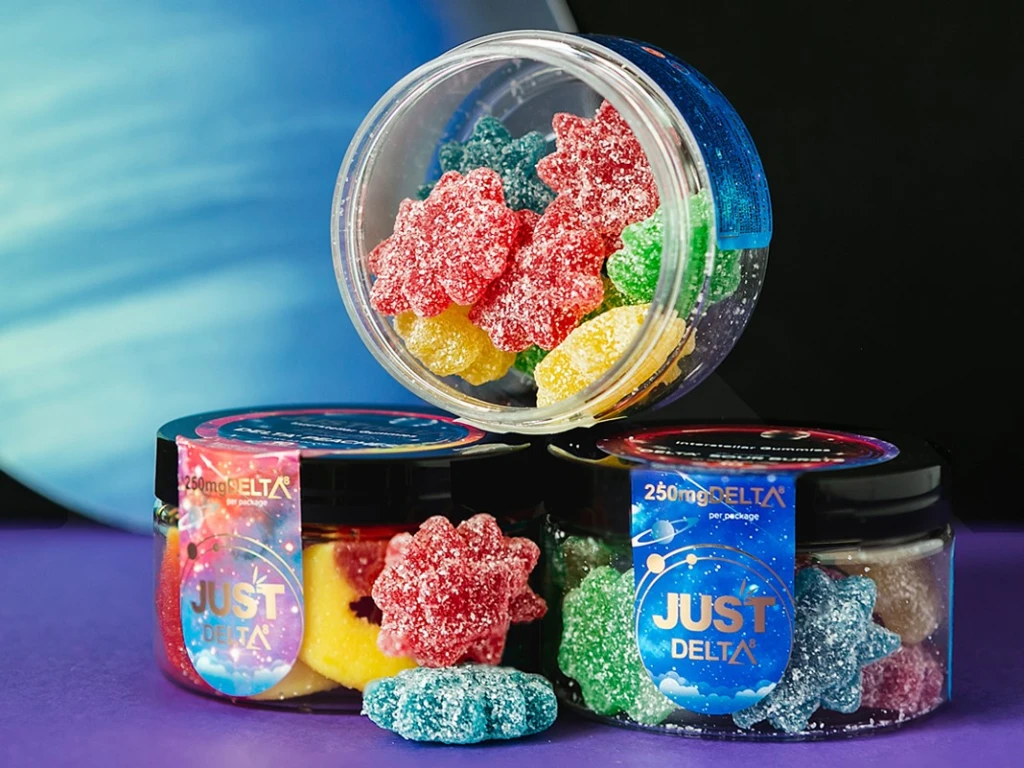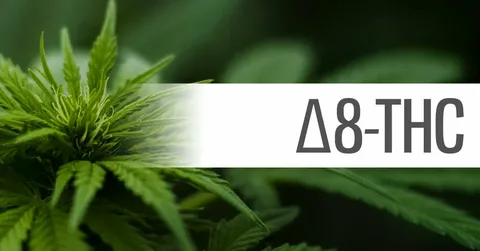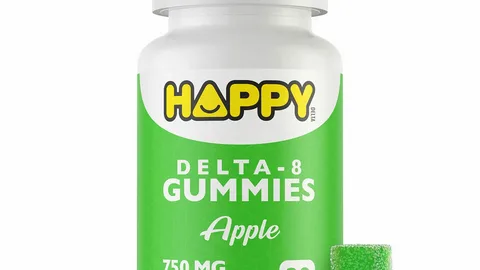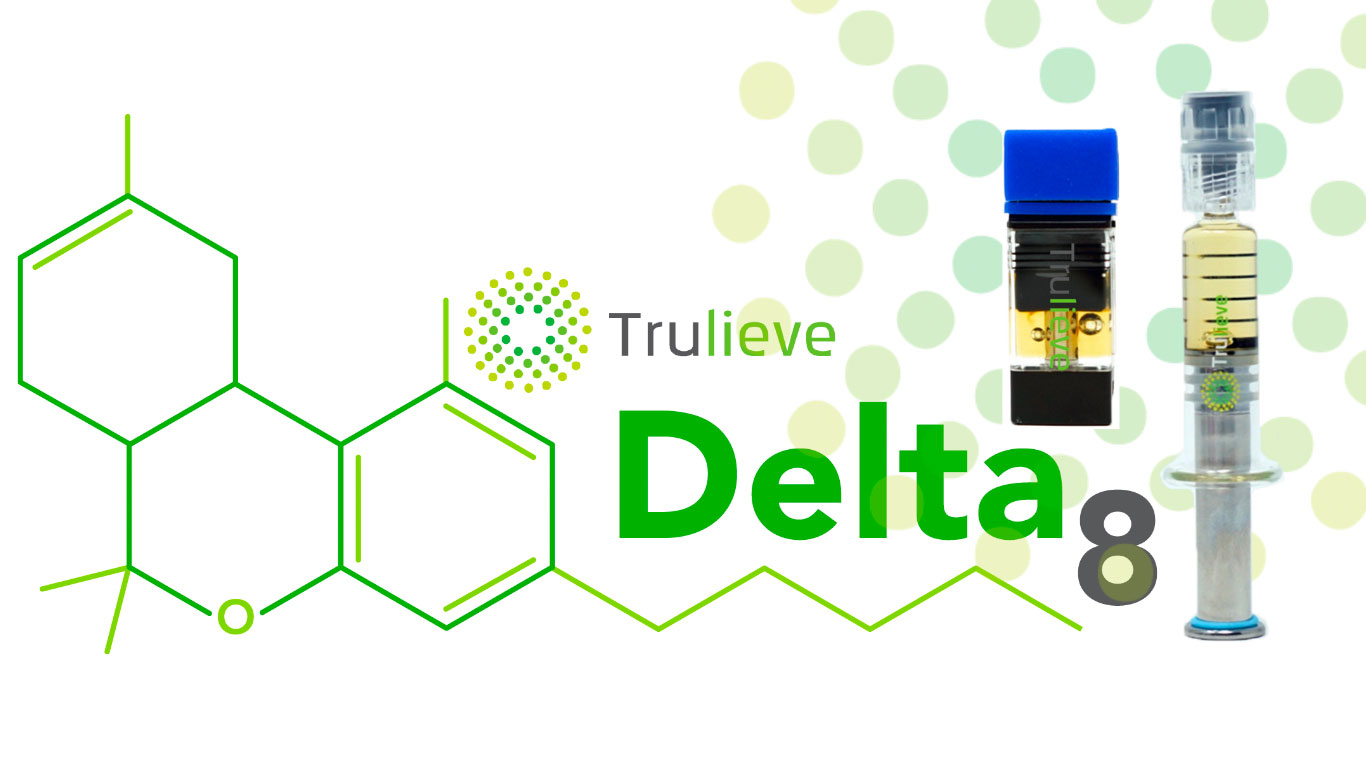Delta-8 THC, a compound derived from hemp, has gained significant attention in recent years for its potential therapeutic benefits and milder psychoactive effects. However, the future of Delta-8 THC remains uncertain as different states grapple with its legality and regulation. In this comprehensive guide, we will explore the future of Delta-8 THC, focusing specifically on Minnesota’s recent rejection of cannabis for anxiety treatment.
Understanding Delta-8 THC
Before delving into the future of Delta-8 THC, it is important to understand what this compound is. Delta-8 THC is a naturally occurring cannabinoid found in small amounts in cannabis plants. It is chemically similar to Delta-9 THC, the primary psychoactive compound in cannabis, but with a slightly different molecular structure. Delta-8 THC offers milder psychoactive effects and has gained popularity as a potential alternative to traditional cannabis products.
The Potential Therapeutic Benefits of Delta-8 THC
Delta-8 THC has shown promise in various areas of potential therapeutic use. It has been reported to exhibit anti-inflammatory, analgesic, and anti-anxiety properties. Some anecdotal evidence suggests that Delta-8 THC may help alleviate symptoms associated with conditions such as chronic pain, anxiety, and nausea. However, further research is needed to fully understand its efficacy, safety profile, and potential long-term effects.
Minnesota’s Cannabis Program and the Rejection for Anxiety Treatment
Overview of Minnesota’s Medical Cannabis Program
Minnesota has a medical cannabis program that allows patients with qualifying conditions to access medical cannabis products. The program was initially limited to a shortlist of qualifying conditions, such as cancer, HIV/AIDS, epilepsy, and chronic pain. However, the program has expanded over the years to include conditions like glaucoma, Tourette syndrome, and terminal illness.
Proposed Addition of Anxiety as a Qualifying Condition
In 2021, Minnesota legislators considered adding anxiety disorders to the list of qualifying conditions for medical cannabis. The proposal aimed to provide patients suffering from anxiety with an alternative treatment option. However, the proposal faced resistance and ultimately did not pass, leading to the rejection of cannabis for anxiety treatment in Minnesota.
The Impact on Delta-8 THC and Future Possibilities
Legal Uncertainty
The rejection of cannabis for anxiety treatment in Minnesota does not directly impact the legality of Delta-8 THC derived from hemp. Delta-8 THC falls under the purview of federal and state hemp laws, which generally permit the production and sale of hemp-derived products with a Delta-9 THC concentration below the legal threshold of 0.3%. However, the rejection of cannabis for anxiety treatment may influence perceptions and regulations surrounding Delta-8 THC.
Regulatory Responses
The rejection of cannabis for anxiety treatment in Minnesota reflects ongoing debates and considerations surrounding the therapeutic use of cannabis and its derivatives. As Delta-8 THC gains popularity, states may introduce specific regulations to address its production, sale, and use. It is crucial for consumers, producers, and regulators to engage in ongoing dialogue to establish responsible regulations that ensure consumer safety and product quality.
Research and Scientific Advancements
The future of Delta-8 THC is closely tied to continued research and scientific advancements. Further studies are necessary to evaluate its potential therapeutic benefits, optimal dosages, and long-term effects. As more research becomes available, policymakers can make informed decisions regarding its legal status and potential integration into medical cannabis programs.
Consumer Awareness and Safety Considerations
As the future of Delta-8 THC evolves, it is crucial for consumers to prioritize their safety and make informed decisions. It is advisable to source Delta-8 THC products from reputable vendors who prioritize quality control and transparency. Additionally, consumers should educate themselves about the potential effects, risks, and legal status of Delta-8 THC in their respective jurisdictions.
The Road Ahead
The future of Delta-8 THC remains uncertain and highly dependent on evolving legislative and regulatory landscapes. As attitudes towards cannabis and its derivatives continue to evolve, it is possible that Delta-8 THC may find a place within medical cannabis programs or face more stringent regulations. Ongoing research, dialogue, and engagement between stakeholders will shape the future of Delta-8 THC.
The Growing Popularity of Delta-8 THC
In recent years, Delta-8 THC has gained significant popularity as a legal alternative to traditional cannabis products. This compound has attracted attention for its potential therapeutic benefits and more manageable psychoactive effects compared to Delta-9 THC. The accessibility of Delta-8 THC, which is derived from hemp and falls within the legal limits set by federal and state hemp laws, has contributed to its rising popularity among both medical and recreational users.
Medical Cannabis and Anxiety Treatment
Anxiety is a prevalent mental health condition that affects millions of people worldwide. Traditional medical cannabis programs in various states have recognized the potential benefits of cannabis for anxiety treatment. The inclusion of anxiety as a qualifying condition allows patients to explore alternative treatment options beyond pharmaceutical medications. However, the acceptance of cannabis for anxiety treatment varies from state to state, with some states allowing it while others do not.
Minnesota’s Rejection of Cannabis for Anxiety Treatment
In the case of Minnesota, the state’s legislators proposed adding anxiety disorders to the list of qualifying conditions for medical cannabis. This proposal aimed to provide patients suffering from anxiety with access to medical cannabis as a potential treatment option. However, the proposal faced opposition and did not pass, resulting in the rejection of cannabis for anxiety treatment in Minnesota.
Factors Influencing the Rejection
The rejection of cannabis for anxiety treatment in Minnesota can be influenced by several factors. Concerns about the lack of scientific evidence supporting the efficacy of cannabis for anxiety, potential risks and side effects, and the need for more research may have played a role in the decision. Additionally, social and political factors, public opinion, and the views of medical professionals and organizations can also impact legislative decisions related to cannabis use.
Conclusion
The rejection of cannabis for anxiety treatment in Minnesota reflects the complex and evolving landscape surrounding Delta-8 THC. As the future of this compound unfolds, it is important to monitor legal and regulatory developments, engage in scientific research, and prioritize consumer safety. Continued dialogue between policymakers, healthcare professionals, and the public will be instrumental in shaping responsible regulations and unlocking the potential therapeutic benefits of Delta-8 THC.
[email protected]
- What’S The Deal With CBD For Pets? - September 22, 2023
- High CBD Edibles: Which Edibles Contain the Most CBD - September 22, 2023
- Guide To CBD Edibles - September 22, 2023




